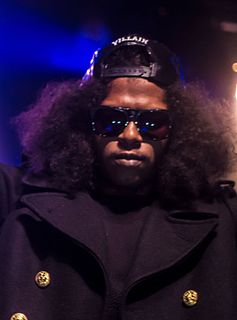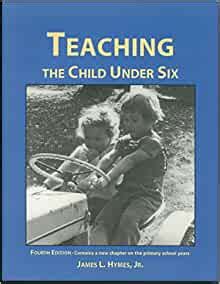A Quote by Seamus Heaney
Part of my gradual education of myself has been to think that there is a deep relationship between the nature of the creature and the worth of the art.
Related Quotes
I smil'd to my self at the sight of this money, O drug! said I aloud, what art thou good for? Thou art not worth to me, no not the taking off of the ground, one of those knives is worth all this heap, I have no manner of use for thee, e'en remain where thou art, and go to the bottom as a creature whose life is not worth saving. However, upon second thoughts, I took it away.
When thou art quiet and silent, then art thou as God was before nature and creature; thou art that which God then wats; thou art that whereof he made thy nature and creature: Then thou hearest and seest even with that wherewith God himself saw and heard in thee, before every thine own willing or thine own seeing began.
I think you too recognize the important relationship between philosophy and art, and it is just this relationship that most painters deny. The great masters do grasp it, unconsciously; but I believe that a painter's conscious spiritual knowledge will have a much greater influence upon his art, and that it would be due only to a weakness in him, or lack of genius, should this spiritual knowledge be harmful to his art.







































